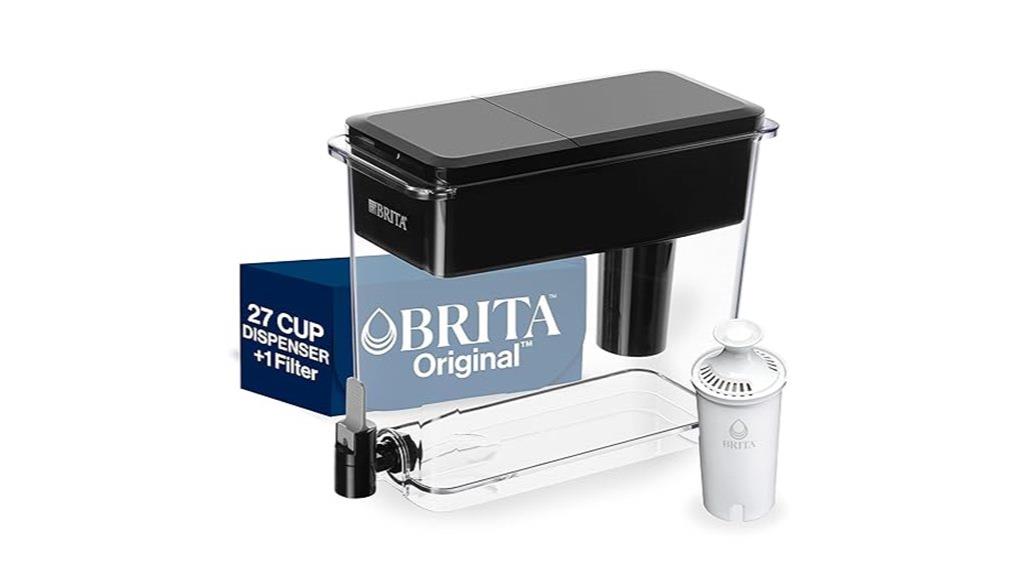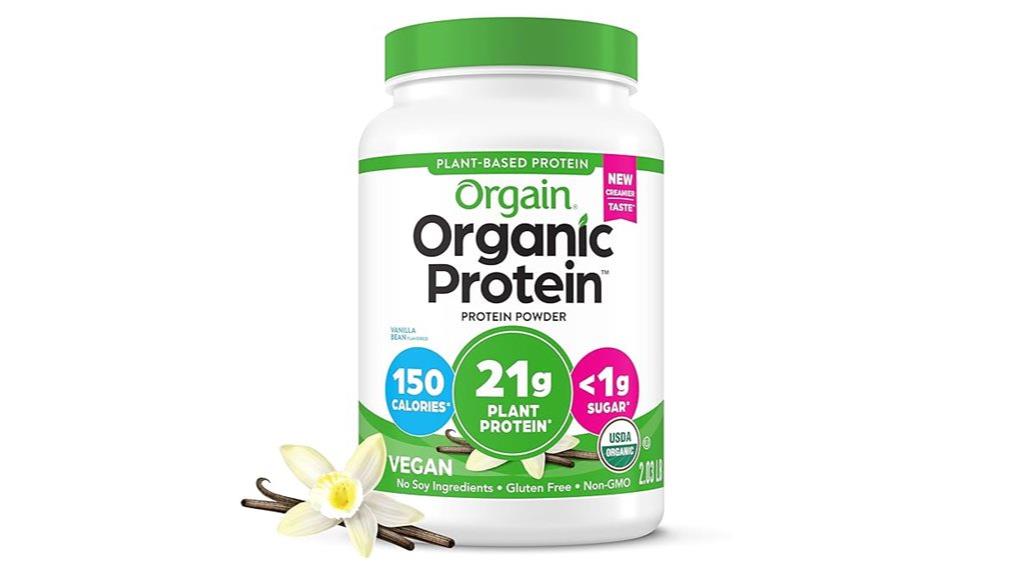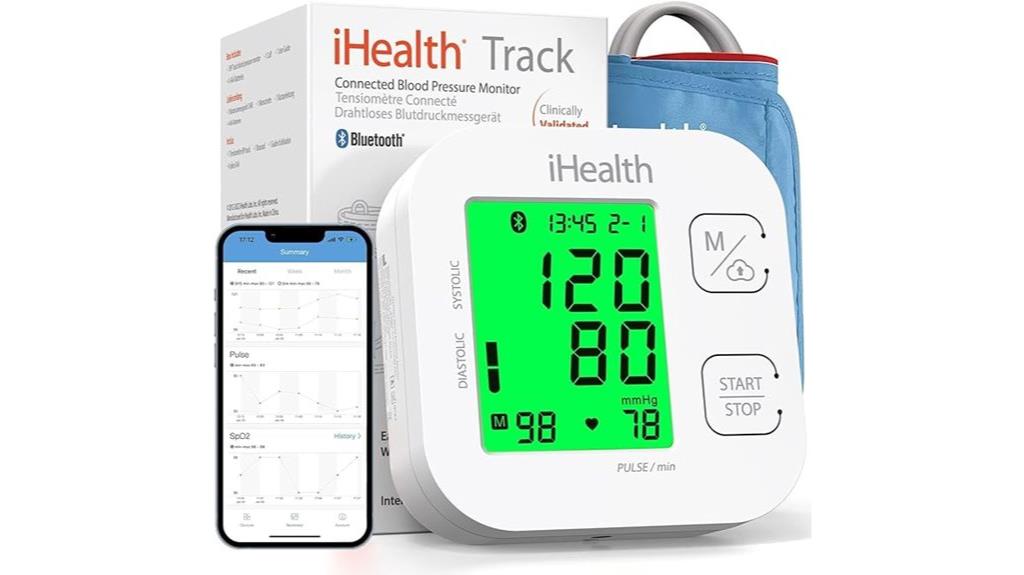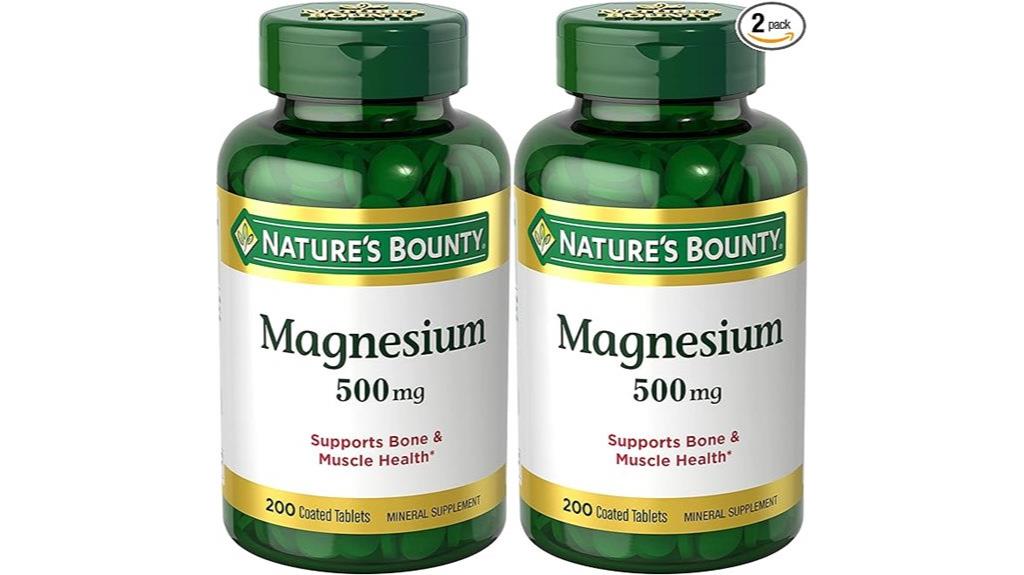Your kidneys are critical organs that play an important role in maintaining your overall health. They filter waste from your blood, regulate blood pressure, and produce necessary hormones. Unfortunately, kidney disease often develops silently, with symptoms appearing only when considerable damage has occurred. That's why it is important to take proactive steps to protect your kidneys before problems arise. By incorporating simple lifestyle changes and following key preventive measures, you can greatly reduce your risk of kidney disease and maintain ideal kidney function. But what exactly are these steps, and how can you implement them effectively in your daily life?
Stay Hydrated

Drinking enough water is essential for maintaining healthy kidneys. Your kidneys need adequate hydration to function properly and flush out toxins from your body. Aim to drink at least 8 glasses of water daily, but remember that your needs may vary based on factors like climate, activity level, and overall health.
Don't rely on thirst alone as an indicator of dehydration. By the time you feel thirsty, you're already mildly dehydrated. Instead, pay attention to the color of your urine. If it's pale yellow, you're likely well-hydrated. Dark yellow or amber urine suggests you need to drink more water.
While water is the best choice for hydration, other fluids like herbal tea, low-fat milk, and fruits with high water content can contribute to your daily intake. However, limit sugary drinks and alcohol, as they can have negative effects on kidney health.
If you have existing kidney issues, consult your doctor about your ideal fluid intake. Some kidney conditions may require fluid restrictions.
Maintain a Healthy Diet
While staying hydrated is important, what you eat plays an equally significant role in kidney health. A balanced diet can help prevent kidney disease and slow its progression if you're already affected. Focus on consuming plenty of fruits, vegetables, and whole grains while limiting processed foods, added sugars, and excessive salt.
Reduce your protein intake, especially from animal sources, as high protein diets can strain your kidneys. Instead, opt for plant-based proteins like beans, lentils, and nuts. Control your portion sizes to maintain a healthy weight, as obesity is a risk factor for kidney disease.
Limit your sodium intake to less than 2,300 mg per day. Too much sodium can increase blood pressure, which in turn damages your kidneys. Be mindful of hidden sodium in packaged and restaurant foods. Avoid phosphorus additives often found in processed foods, as they can be harmful to kidney health.
Incorporate foods rich in potassium and magnesium, such as bananas, avocados, and leafy greens. These minerals help regulate blood pressure and support overall kidney function.
However, if you have advanced kidney disease, consult your doctor about dietary restrictions, as some nutrients may need to be limited.
Exercise Regularly

In addition to a healthy diet, regular exercise is essential for maintaining kidney health. Physical activity helps control blood pressure, manage weight, and improve overall cardiovascular health, all of which contribute to better kidney function. Aim for at least 150 minutes of moderate-intensity exercise or 75 minutes of vigorous-intensity exercise per week.
To incorporate exercise into your routine and protect your kidneys, consider these options:
- Brisk walking: It's low-impact, easily accessible, and can be done almost anywhere.
- Swimming: This full-body workout is gentle on your joints and excellent for cardiovascular health.
- Cycling: Whether outdoors or on a stationary bike, cycling is an effective way to improve circulation and reduce stress.
- Strength training: Building muscle mass can help regulate blood sugar levels and improve overall metabolic health.
Remember to start slowly and gradually increase your activity level.
If you have existing kidney issues or other health concerns, consult your doctor before beginning a new exercise regimen. They can help you develop a safe and effective plan tailored to your specific needs.
Stay consistent with your exercise routine to reap the long-term benefits for your kidney health.
Manage Blood Pressure
High blood pressure is a silent killer that can wreak havoc on your kidneys. It's a leading cause of kidney disease, so managing your blood pressure is essential for kidney health. Aim to keep your blood pressure below 130/80 mmHg.
To control your blood pressure, start by reducing your sodium intake. Limit processed foods and opt for fresh, whole foods instead. Read nutrition labels carefully and choose low-sodium options when available.
Increase your potassium intake through foods like bananas, sweet potatoes, and leafy greens, as potassium helps balance sodium levels.
Maintain a healthy weight, as excess weight puts extra strain on your heart and kidneys. If you smoke, quit now. Smoking damages blood vessels and increases blood pressure.
Limit alcohol consumption to no more than one drink per day for women and two for men.
Stress management techniques like meditation, deep breathing, or yoga can help lower blood pressure. Consider using a home blood pressure monitor to track your readings regularly.
If lifestyle changes aren't enough, your doctor may prescribe medication to help control your blood pressure. Take any prescribed medications as directed and attend regular check-ups to monitor your progress.
Control Blood Sugar Levels

Balancing blood sugar levels is essential for kidney health. If you have diabetes or are at risk for it, controlling your blood sugar is vital in preventing kidney damage. High blood sugar can overwork your kidneys, leading to complications over time.
To maintain healthy blood sugar levels and protect your kidneys, you'll need to make some lifestyle changes and monitor your glucose regularly.
Here are four key steps to help you control your blood sugar:
- Follow a balanced diet: Focus on whole grains, lean proteins, fruits, and vegetables. Limit your intake of processed foods, sugary drinks, and excessive carbohydrates.
- Exercise regularly: Aim for at least 30 minutes of moderate physical activity most days of the week. This can help improve insulin sensitivity and lower blood sugar levels.
- Take medications as prescribed: If you're on diabetes medication, take it consistently and as directed by your doctor.
- Monitor your blood sugar: Check your levels regularly and keep a log to track patterns and discuss with your healthcare provider.
Limit Alcohol Consumption
Moderation is key when it comes to alcohol consumption and kidney health. While occasional light drinking may not pose significant risks, excessive alcohol intake can harm your kidneys and increase your risk of kidney disease.
Alcohol is a diuretic, which means it causes your body to lose more fluid than usual, potentially leading to dehydration and putting extra stress on your kidneys.
To protect your kidneys, limit your alcohol consumption to no more than one drink per day for women and two drinks per day for men. One standard drink is equivalent to 12 ounces of beer, 5 ounces of wine, or 1.5 ounces of distilled spirits.
If you have existing kidney problems or other health conditions, it's best to consult your doctor about safe alcohol consumption levels.
When you do drink, be sure to stay hydrated by alternating alcoholic beverages with water. This will help minimize the dehydrating effects of alcohol and reduce the strain on your kidneys.
Quit Smoking

Cigarette smoke is a silent killer for your kidneys. It's not just your lungs that suffer; smoking damages blood vessels throughout your body, including those in your kidneys. This damage can lead to reduced kidney function and increase your risk of developing kidney disease.
If you're serious about protecting your kidneys, quitting smoking should be at the top of your priority list.
When you quit smoking, you'll experience numerous benefits for your kidney health:
- Improved blood flow: Your circulation will improve, allowing your kidneys to function more efficiently.
- Reduced inflammation: Smoking-related inflammation decreases, easing the strain on your kidneys.
- Lower blood pressure: As your blood vessels heal, your blood pressure may naturally decrease, reducing the workload on your kidneys.
- Decreased risk of kidney cancer: Smoking is a known risk factor for kidney cancer; quitting lowers your chances of developing this disease.
Don't be discouraged if you've tried to quit before and failed. It often takes multiple attempts to succeed.
Seek support from your healthcare provider, who can recommend effective strategies and resources to help you quit smoking for good. Your kidneys will thank you for it.
Monitor Medication Use
Safeguard your kidneys by closely monitoring your medication use. Certain medications, especially when taken long-term or in high doses, can potentially harm your kidneys. Be particularly cautious with nonsteroidal anti-inflammatory drugs (NSAIDs) like ibuprofen and naproxen, as well as some antibiotics and heartburn medications.
Always follow your doctor's instructions and never exceed recommended dosages. If you're taking multiple medications, inform all your healthcare providers to avoid harmful interactions. Keep a list of your current medications, including over-the-counter drugs and supplements, and share it with your doctor during check-ups.
Be aware of the potential side effects of your medications and report any unusual symptoms to your healthcare provider immediately. If you have existing kidney problems, some drugs may need dose adjustments or alternatives. Don't stop taking prescribed medications without consulting your doctor first.
When possible, opt for kidney-friendly alternatives. For pain relief, consider acetaminophen instead of NSAIDs.
Stay hydrated while taking medications to help your kidneys flush out waste products. Regular kidney function tests can help detect any medication-related issues early, allowing for timely interventions to protect your kidney health.
Regular Health Screenings

Three key health screenings are essential for monitoring your kidney health. Regular check-ups with your healthcare provider can help detect kidney issues early, allowing for timely intervention and better outcomes.
These screenings typically include blood tests, urine tests, and blood pressure measurements.
Blood tests assess your kidney function by measuring creatinine and blood urea nitrogen (BUN) levels. Urine tests check for protein or blood in your urine, which can indicate kidney damage. Your doctor will also monitor your blood pressure, as hypertension is both a cause and a consequence of kidney disease.
To make the most of your health screenings:
- Schedule annual check-ups with your primary care physician
- Prepare a list of questions and concerns to discuss during your visit
- Be honest about your lifestyle habits and any symptoms you've experienced
- Follow up on any recommended additional tests or specialist referrals
Don't hesitate to ask your doctor about your kidney health specifically. Understanding your test results and risk factors can empower you to take proactive steps in maintaining your kidney function and overall well-being.
Join The Discussion
How do you take care of your kidneys? Share your favorite hydration hacks, healthy recipes, and wellness tools that have made a difference in your life. Let’s inspire one another to prioritize kidney health and live our healthiest lives.

Support your kidney health with these high-demand products designed to keep you hydrated, manage blood pressure, and provide essential nutrients for optimal wellness.






